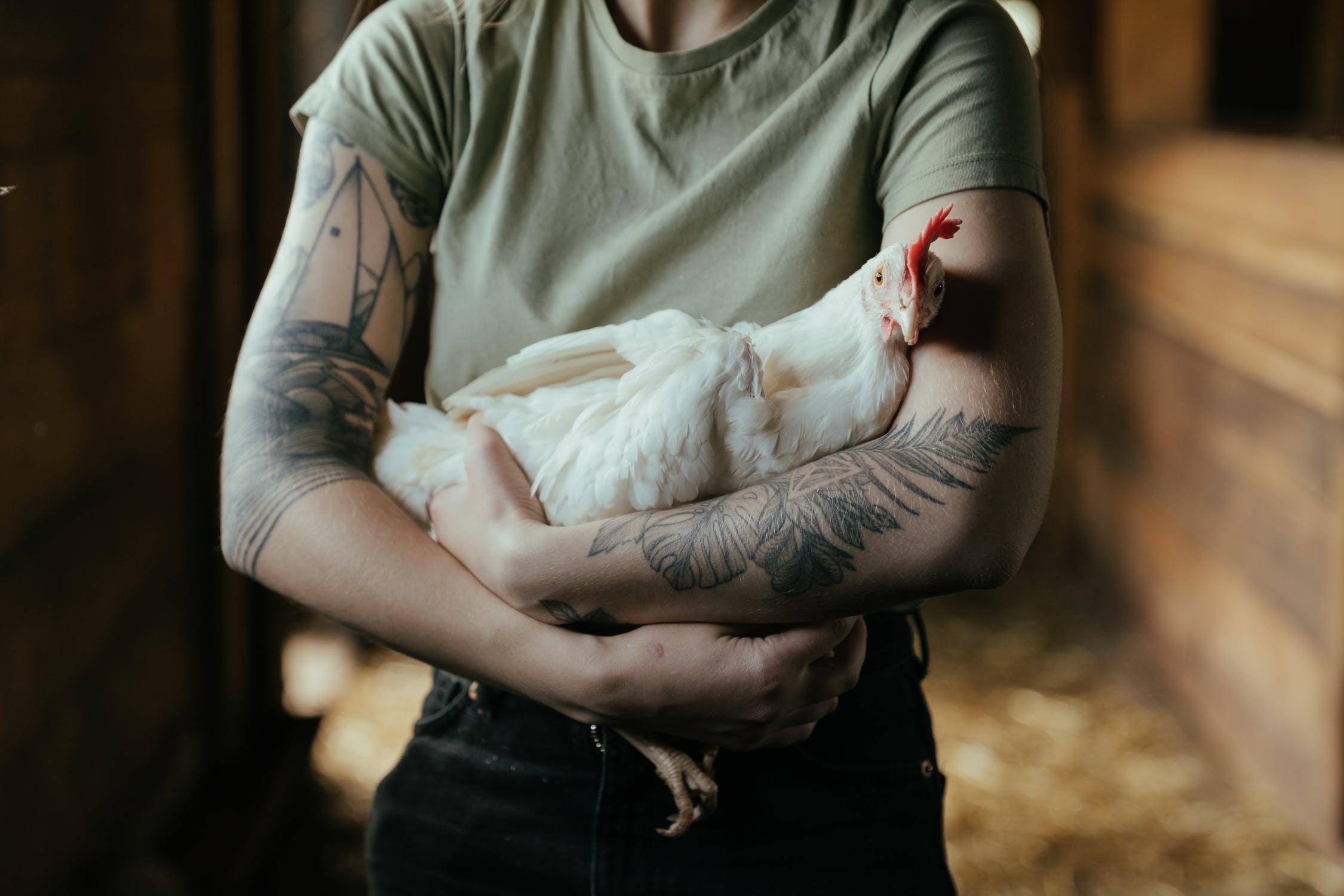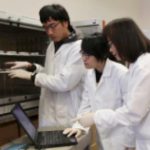On May 26, 2022, The U.S. Department of Agriculture (USDA) National Institute of Food and Agriculture (NIFA) announced an investment of $25 million, as part of the American Rescue Plan for meat and poultry agriculture workforce training. NIFA will invest $25 million through new and existing workforce development programs to provide a pipeline of well-trained workers to meet the demand increased independent processing capacity.
“These investments will enhance equity and capacity across the food supply chain by supporting meat and poultry research, education and training at the local level. USDA will leverage its robust regional education and extension networks and establish new, or supplement existing, Centers of Excellence at Minority-serving Institutions to support this capacity-building effort,” said Acting NIFA Director Dr. Dionne Toombs. “Workforce training will increase the resiliency and competitiveness of our local and regional supply chains and support the industry’s urgent need for highly skilled talent to meet labor demands across the country.”
The investment includes two funding opportunities:
- Extension Risk Management Education and Sustainable Agriculture Research Education Programs: An investment of $5 million will be split equally between Extension Risk Management Education and Sustainable Agriculture Research Education programs. Work in these programs will support development of meat and poultry processing training and educational materials for place-based needs, particularly relevant to small- or medium-sized farmers and ranchers. Additionally, training local and/or regional meat and poultry workers presents a unique opportunity to address the demand from niche markets, like mobile processing units fulfilling market demand from fresh markets, on-site processing, farm-to-fork (restaurateurs), boutique grocers and others.
- Community/Technical College Ag Workforce Training and Expanded Learning Opportunities: This Agricultural Workforce Training (AWT) investment makes available $20 million to qualified community colleges to support meat and poultry processing workforce development programs. The AWT program seeks to develop a workforce ready for the field as well as industry jobs in the food and agricultural sectors. By creating new workforce training programs, or expanding, improving, or renewing existing workforce training programs at community, junior, and technical colleges/institutes, this program will expand job-based, experiential learning opportunities, acquisition of industry-accepted credentials and occupational competencies for students to enable a workforce for the 21st century.
The NIF also announced an investment of more than $5 million to mitigate antimicrobial resistance across the food chain. “Pathogen resistance to antimicrobials is a complex problem, encompassing human medicine, poultry and livestock health, and even plant crop production,” said Dr. Toombs. “The projects supported through this investment will work to ensure a safe, nutritious and abundant food supply while conserving antimicrobial effectiveness.”
This investment is part of NIFA’s Agriculture and Food Research Initiative’s Mitigating Antimicrobial Resistance Across the Food Chain grant program, which supports integrated research, education and extension projects. Research approaches include risk assessment, antibiotic management and stewardship, advancing understanding of emerging resistant pathogens and their mechanisms for resistance, and disease control using antimicrobial alternatives. NIFA’s work contributes to the overall federal strategy to combat antimicrobial resistance as described in the Combating Antibiotic Resistant Bacteria National Action Plan 2020-2025.
Nine projects are being funded, totaling $5,117,165. Examples of the funded projects include:
- Scientists at the University of Florida will study the effects on naturally occurring bacteria when citrus greening disease-infected trees are sprayed with antibiotics to characterize development of antimicrobial resistance. ($299,999)
- Scientists at the Iowa State University of Science and Technology will model the movement of bacteria through different environments, such as surface and subsurface water, as a route for bacterial movement from animal and human waste to plant crops. ($1,000,000)
- Scientists in Veterinary Preventive Medicine at The Ohio State University will study the movement of auctioned male calves through the market to better understand the use of antimicrobial drugs to prevent and treat disease. ($999,938)
To sign up for notifications of these and other NIFA funding opportunities visit the NIFA Funding Opportunities page.








